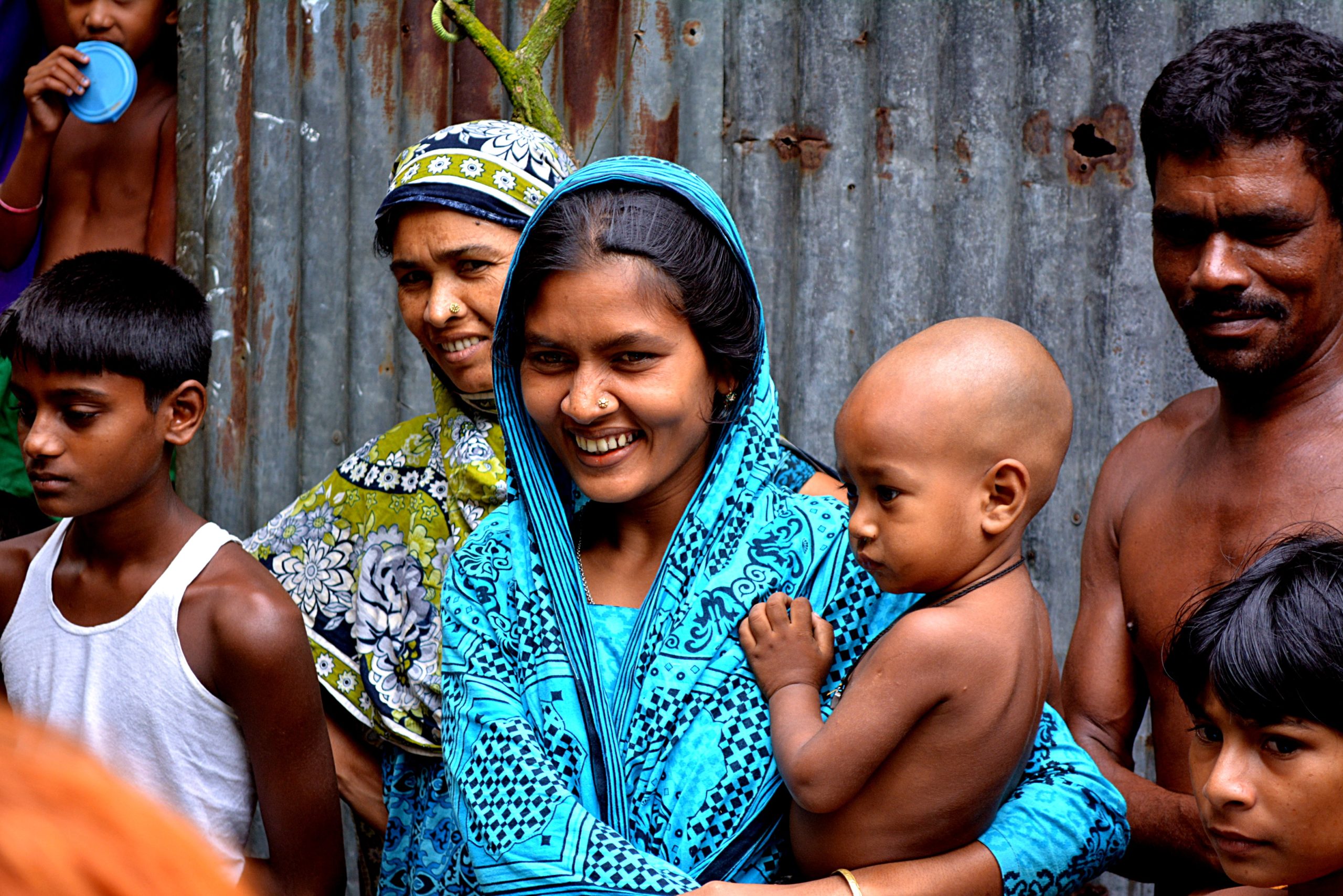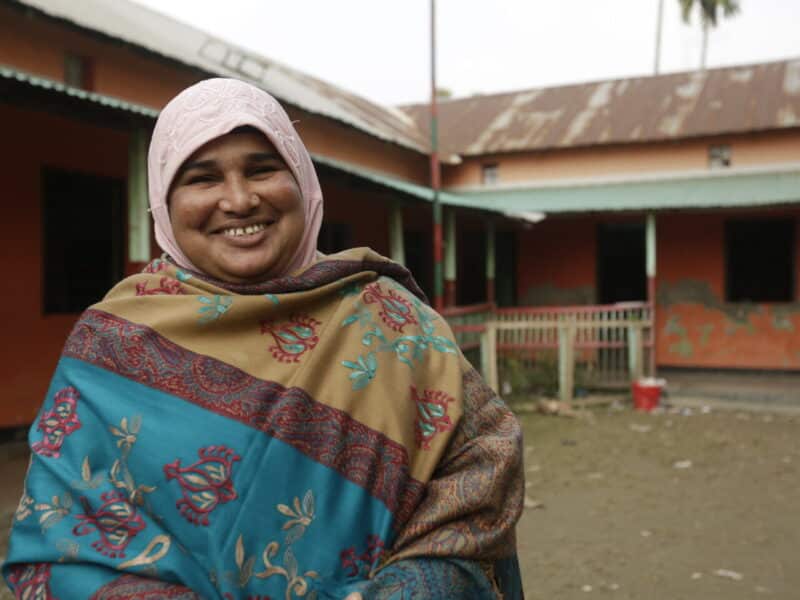Twenty-five years ago, the Johns Hopkins Center for Communication Programs heard from the government of Bangladesh, where it had a small outpost: Wouldn’t it be valuable for Bangladesh, officials wondered, to have its own CCP-like organization where locals could lead their own social and behavior change communication health projects? Wouldn’t growing local capacity help the country to do more to improve the lives of their own people?
“Local people understand the local perspective of what local people need and understand the local dynamics,” says Mohammad Shahjahan, who worked at CCP at the time.
In 1996, from inside a small, rented house in Dhaka, Shahjahan – with support from CCP and USAID – founded the Bangladesh Center for Communication Programs (BCCP) with its own small staff and projects. CCP was by its side, providing technical assistance to get things moving – which continues to this day.
BCCP was the first CCP “sister organization.” Since then, building on the success in Bangladesh, CCP has cultivated more than a dozen of these independent sister organizations, creating a global network of social and behavior change communication from Egypt to Nigeria to India.
Starting Sept. 1, BCCP is marking its 25th anniversary with webinars, discussions and other celebratory activities. BCCP’s original staff of nine is now as large as 100, depending on the workload, and the organization now owns its own office building.
Since its founding, BCCP has done hundreds of projects with dozens of donors and partners – including USAID, UNICEF, the World Bank, the Bloomberg Philanthropies and more – and has expanded its work far beyond health to education, energy, child labor, food security, climate change and other sectors. BCCP has even expanded its reach beyond its borders, with work in Indonesia, Vietnam, India and Nepal.
“CCP is inspired by all that BCCP has done and contributed to the field of SBCC, to Bangladesh and beyond,” says CCP’s Executive Director Susan Krenn. “And we know that BCCP’s leadership and team is well positioned to meet new challenges and accomplish great things in the years ahead.”
The accomplishments have been many: BCCP works directly on government panels to shape health policy and has made advancements in research into tobacco use habits in the country, run national campaigns giving quality family planning service providers a seal of approval and designed materials for mothers about pregnancy danger signs that have been distributed to millions of people.
BCCP also holds an annual Leadership in Strategic Communication Workshop, patterned on one held in Baltimore every year, which has more than 600 alumni. And BCCP has six sister organizations of its own to help make social and behavior change sustainable in the country.
“We are a one-stop communication shop,” Shahjahan says. “From the very beginning, we have done research, created materials, built capacity, conducted monitoring and evaluation of programs and created many strategic communication strategies.”
“We are self-sustained,” Shahjahan says, “and we dream big.”





